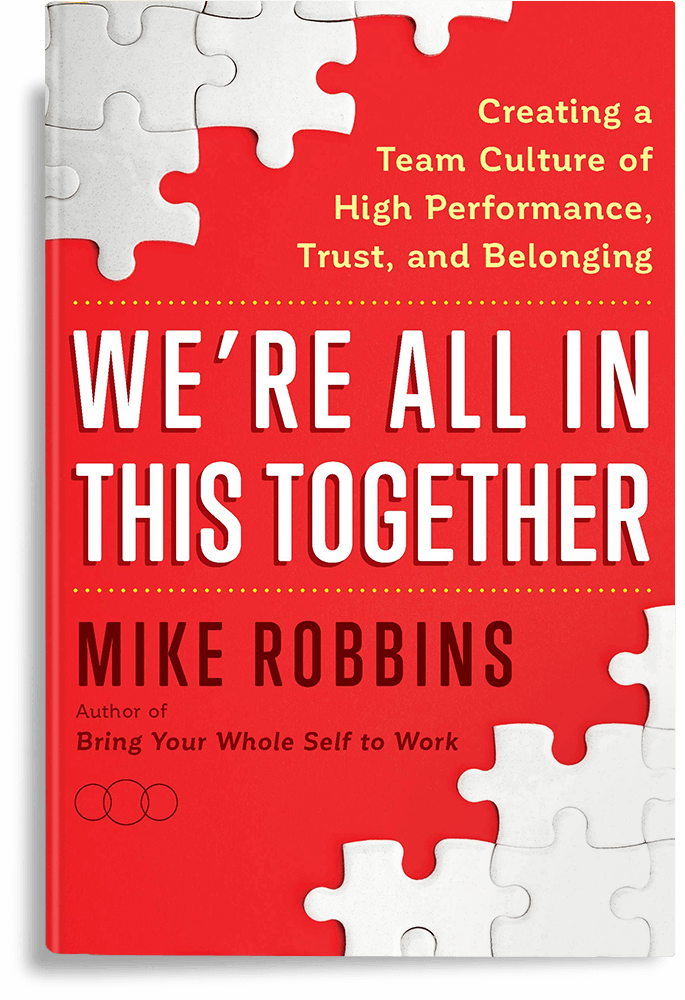Blog
How often do you judge others?
Most of us can be quite judgmental, whether or not we admit it. I’ve been aware of my own judgmental tendency for much of my life. While it does seem to ebb and flow based on my own level of confidence, inner peace, and fulfillment, I’ve noticed that it can be both pervasive and problematic for me in many areas of my life.
There can actually be some gifts and growth wrapped up in our judgments, if we’re willing to do the internal work necessary, take responsibility, and own our projections. Being judgmental can cause a great deal of pain, stress, and conflict in our lives and relationships, but if we’re conscious about it, we can actually use our judgments as access to deeper connections with others and personal transformation within ourselves.
It’s crucial to distinguish between making value judgments and being judgmental. Value judgments reflect our discernment based on our values and priorities. We constantly make value judgments in our daily lives, deciding what to eat, where to go, who to engage with, and how to spend our time. Embracing change and diversity while making value judgments is vital for our well-being, personal growth, empowerment, and overall vitality.
Being judgmental, on the other hand, has to do with us thinking that our opinions and values are “right” and judging others as “bad” or “wrong.” This may sound like semantics, but it’s not – it is a whole different paradigm. Being judgmental has to do with us arrogantly thinking that we’re better than others. The question is not whether judging people is good or bad, the deeper issue is that when we judge others we hurt them and ourselves in the process.
Why Do We Judge Others?
We judge others as a natural cognitive process, influenced by social norms, personal experiences, and psychological biases. It often stems from a need to assess threats, establish social hierarchies, or reinforce our own beliefs and values. Judgment can serve as a shortcut for understanding and navigating complex social environments.
Here are some of the common and specific reasons that often lead us down the path of judgmentalness.
Competitiveness
We compete with others and want to win (or at least not let them win). When we don’t win (or we feel inferior or envious), we tend to judge them, make them wrong, or try to find fault in them. In other words, we try to bring them down to our level so we can feel better about ourselves.
Projection
We project our “stuff” onto other people. As the late, great author Debbie Ford said, “Whatever you can’t own, owns you.” In other words, we have a hard time with aspects and qualities in other people that we have not accepted within ourselves. For example, if we have not accepted our own arrogance, we will notice lots of arrogant people around us and have a very hard time with them (and with the quality of arrogance in general).
Life is a mirror
Similar to projection, everything we see, experience, and notice about other people (and life) is a mirror back to us – the light and the dark. We erroneously think it’s about “them” and miss the gift of awareness it is for us. We will always bump up against stuff in others and in life that we need to deal with in ourselves – but it’s often much easier to judge than it is to deal.
Judging People Can Be a Gift
Judging people can be a gift when it prompts self-reflection and growth. Constructive judgment can highlight areas for improvement, inspire empathy, and foster deeper understanding of ourselves and others. It serves as a tool for personal development and building healthier relationships, ultimately leading to greater self-awareness and fulfillment.
Here are some of the gifts that can come from our judgments of others…
Self Awareness
Our judgments offer valuable insights, revealing areas in ourselves where we can nurture love, acceptance, and reconciliation. They illuminate opportunities for personal growth, expansion, and release, paving the way for forgiveness and authentic confidence.
Expanded Compassion
When we’re being judgmental, it can remind us about the importance of compassion – for ourselves and others. The things we judge in others (which are always things we judge in ourselves consciously or unconsciously) are simply things we don’t have much compassion for. We can use our judgments as opportunities to expand our capacity for compassion, one of the most powerful emotions we can express and experience in life.
Intimacy
Dealing with our judgments in a vulnerable, honest, and responsible way can actually bring us closer to the people in our lives and create deeper intimacy.
When we confront our judgments and other aspects of our shadow, we free ourselves from barriers to intimacy, vulnerability, and closeness with others. This demands courage and dedication, yet engaging authentically at this level can profoundly transform our relationships for the better.
There’s nothing wrong with us for being judgmental, it’s a normal aspect of being human. And, while judgments can and do cause a great deal of difficulty and pain in our lives and relationships, especially if we stay unconscious about them, as we wake up and take responsibility for them, we can use our own judgmental tendency to actually create the kind of life and the kinds of relationships we truly want. There are deep gifts in our judgments, if we’re willing to do the work necessary and confront them and ourselves with ruthless compassion and vulnerable truth.
Whom do you judge? What’s underneath your judgment? What are some of the gifts of this? Share your thoughts, action ideas, insights, and more below.
Liked this article? Here are three more!
How to Get Honest Feedback
Asking For Help
Facing Challenges – How Do You Respond?
Has anyone ever told you to stop worrying? I don’t know about you, but this feedback, while understandable and often accurate, often irritates me and doesn’t usually inspire me to stop worrying.
Whether you’re a business owner, a leader of a team, an employee rushing for a deadline, a parent taking care of kids, or just a human being living in today’s world – worrying is something just about all of us do.
Some of the things I find myself worrying about are…money, making mistakes, the future, how things will turn out, what people think about me, the well-being of my loved ones, the state of our country and our world, and much more.
If you actually take the time to sit and think about it, most of the things that we worry about never actually happen.
Worrying can affect our mental health, lead to persistent anxiety and chronic stress, impair our decision making and negatively impact our relationships. Constant worrying also fosters a negative mindset.
To stop worrying, we have to let it go, forgive ourselves for it, and choose different ways of facing our fears.
Stop Worrying – It’s a Set Up for Failure
No matter how much we worry, it never really works. And the deeper we look at what worrying really is, the more we realize that it is a setup for failure.
When we worry, we are actually preparing ourselves to be upset, because we’re assuming something will not work out in the future. When we do this, our worrying not only creates stress, it can literally contribute to additional negativity and unfavorable outcomes.
While worrying is quite normal and common, there are usually deeper emotions underneath our worry like shame, fear, guilt, hurt, or anger, many of which are much more difficult for us to feel and express.
And if we don’t know how to feel and express these emotions in a healthy way, it can set us up for real difficulty and failure. By feeling these authentically, we can deal with the root of the issue, not the superficial impact of it (which is what worry usually is).
There is nothing wrong with feeling scared, angry, hurt, and even “worried,” in and of itself. These emotions, like love, gratitude, excitement, joy, and others are very important to our human experience. Emotions that are felt deeply and expressed appropriately are positive and give us power (regardless of what they are).
How to Stop Worrying
Worry is always a sign that there are some deeper feelings and issues for us to address. It is a good reminder for us to get more real, take better care of ourselves, and pay attention. The best things for us to do when we get worried are:
1) Ask ourselves what is underneath our worry
Ask yourself why you’re really worried. Understanding the root cause of your worry is crucial for effective problem-solving and emotional well-being. By asking yourself why you’re worried, you gain insight into underlying issues, enabling you to address them directly and work towards constructive solutions.
2) Face, feel, and express these underlying emotions
Facing, feeling, and expressing underlying emotions is vital for emotional health. It promotes resilience and aliveness, and can also facilitate healing.
You can get support from others in this process if you need it…you don’t have to do this alone.
3) Choose how you want to feel
Once you have felt and expressed these underlying emotions, you can then actually choose how you want to feel and what you want to create. Choosing how you want to feel is empowering and it fosters a positive mindset
4) Appreciate yourself
It is so important – and healthy – for us to have the courage to be honest and to deal with our emotions. This, however, is no easy task. Show yourself grace and appreciation for taking on such a challenging endeavor.
5) Focus on the good stuff in your life
Be grateful for what you have, who you are, and what you are going through. Remember: every challenge in life is an opportunity for personal growth and development. Challenges teach us how to overcome obstacles and build our resilience.
If we can bring this level of awareness and consciousness to our worries and to our lives in general, we can create real freedom and power for ourselves.
We don’t have to stay stuck in the trap of constant worry…we can be free.
Like this article? Here are three more!
4 Things You Can Do to Dramatically Enhance Your Career
The Challenge and Importance of Inclusion at Work
Are You Bringing Your Whole Self to Work?






